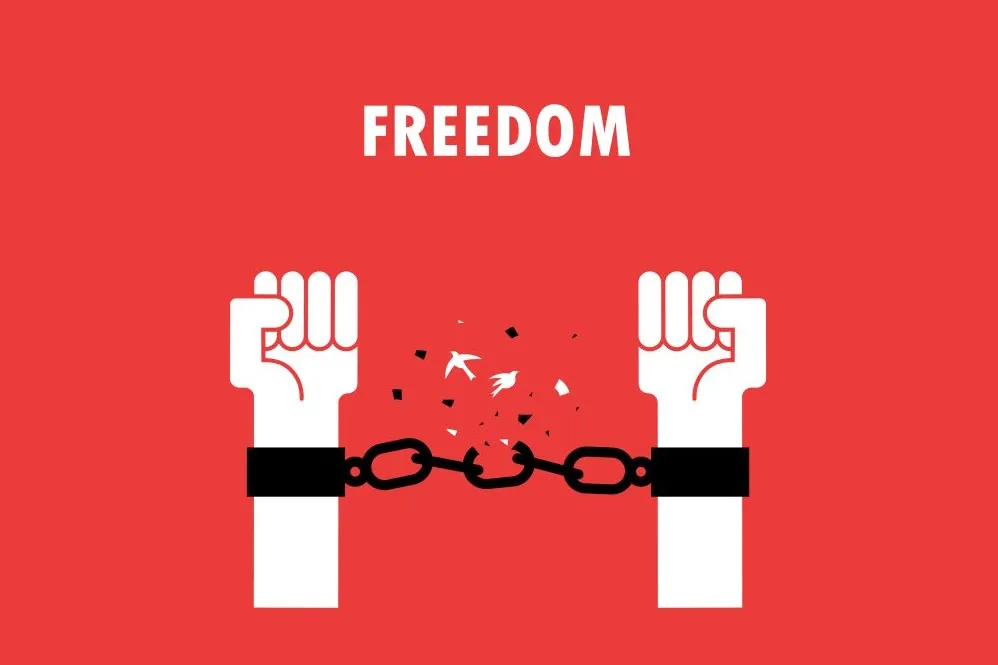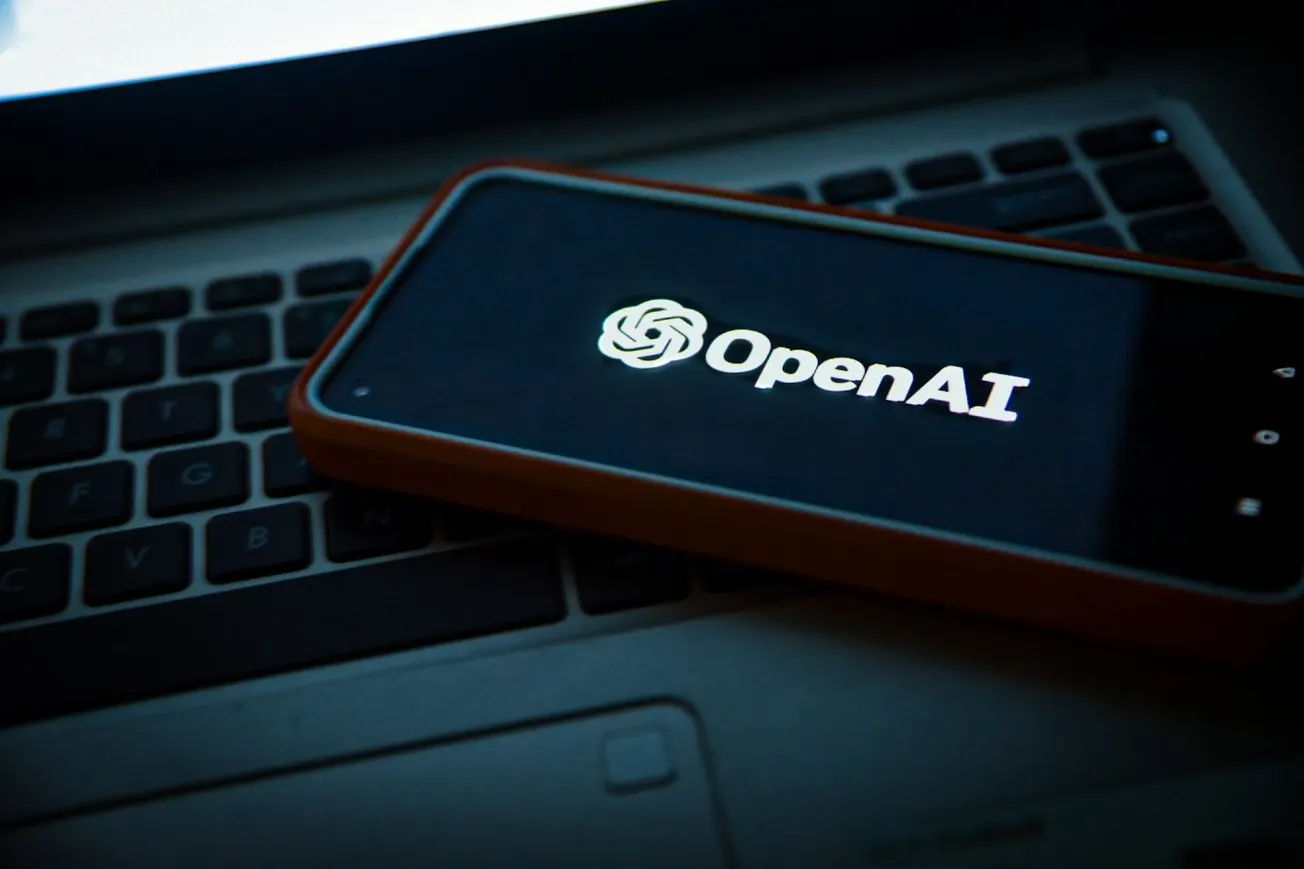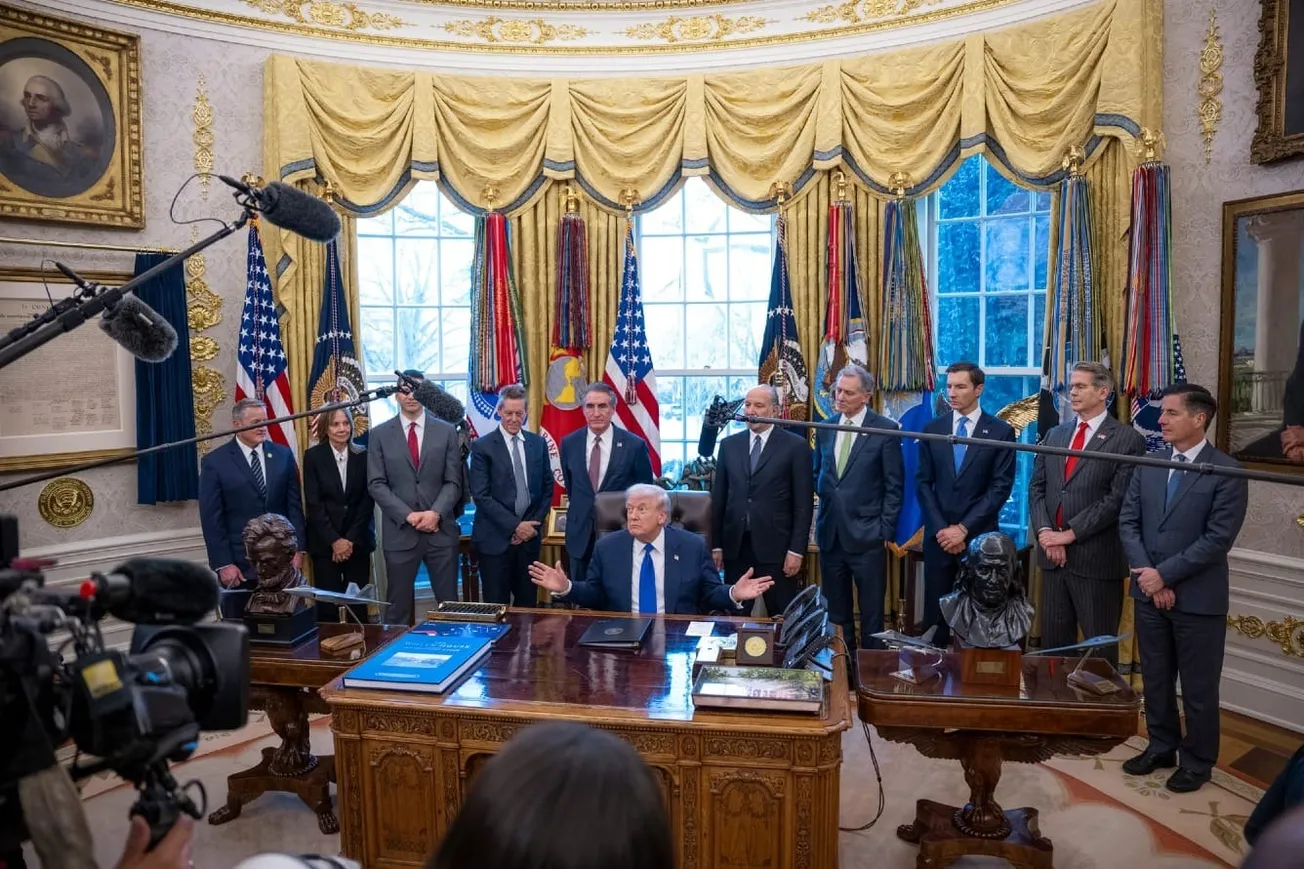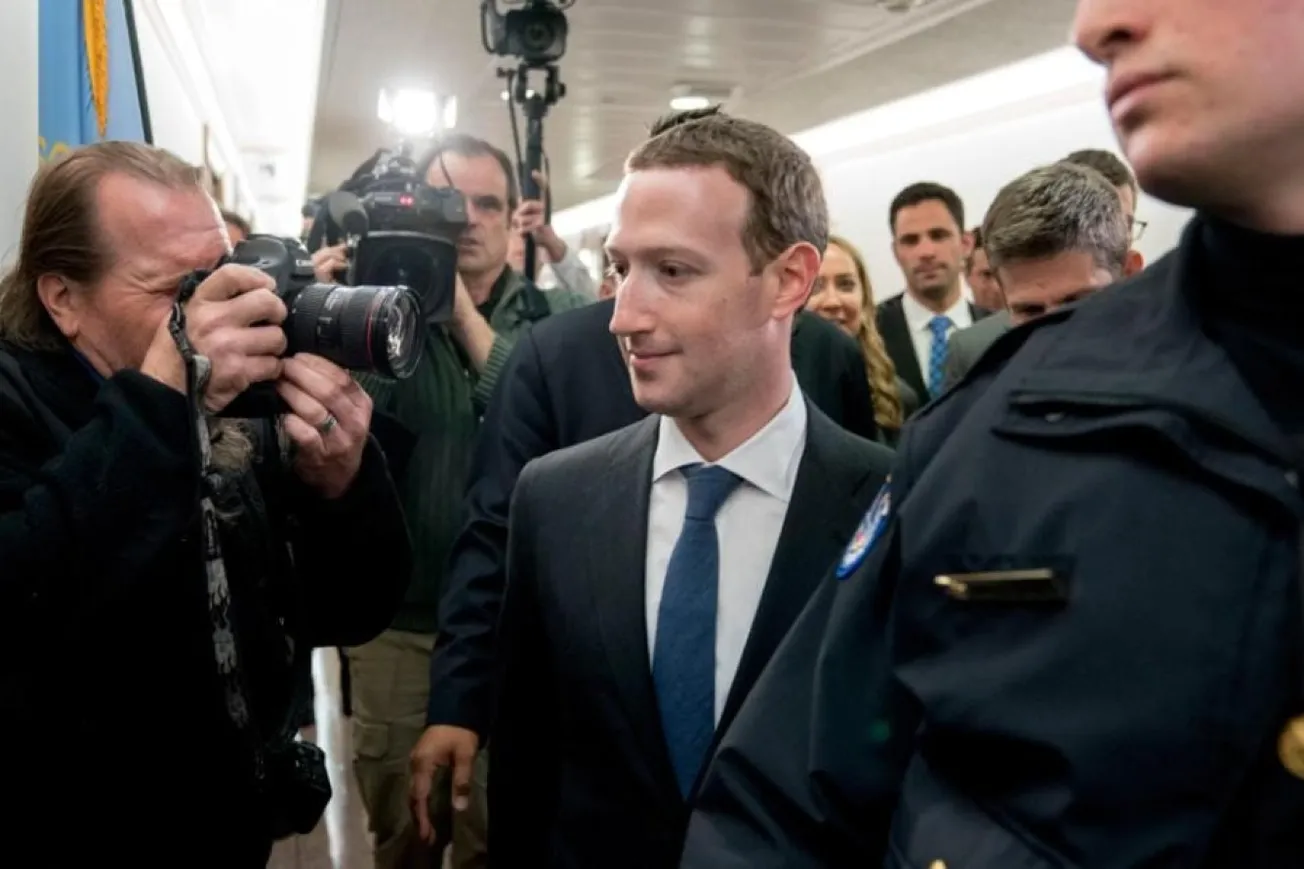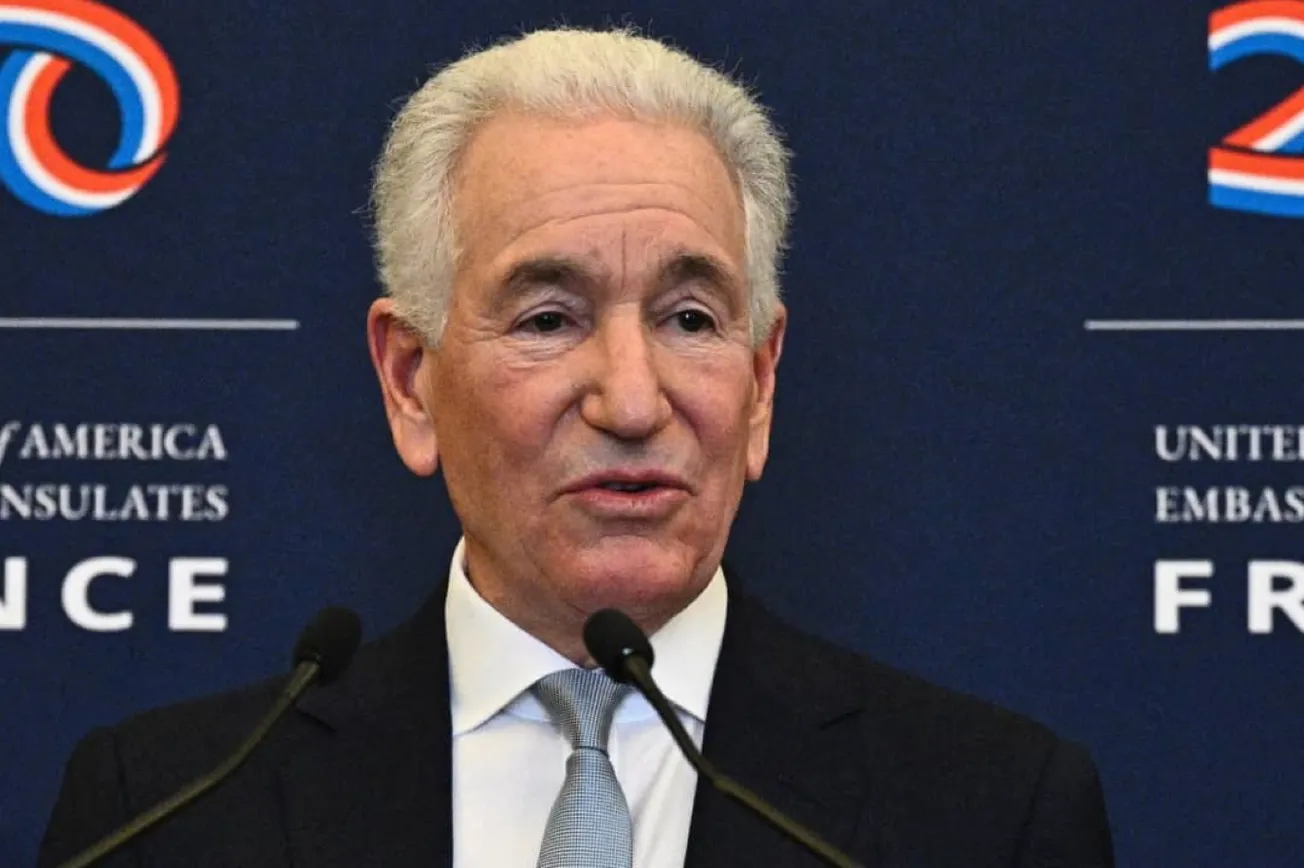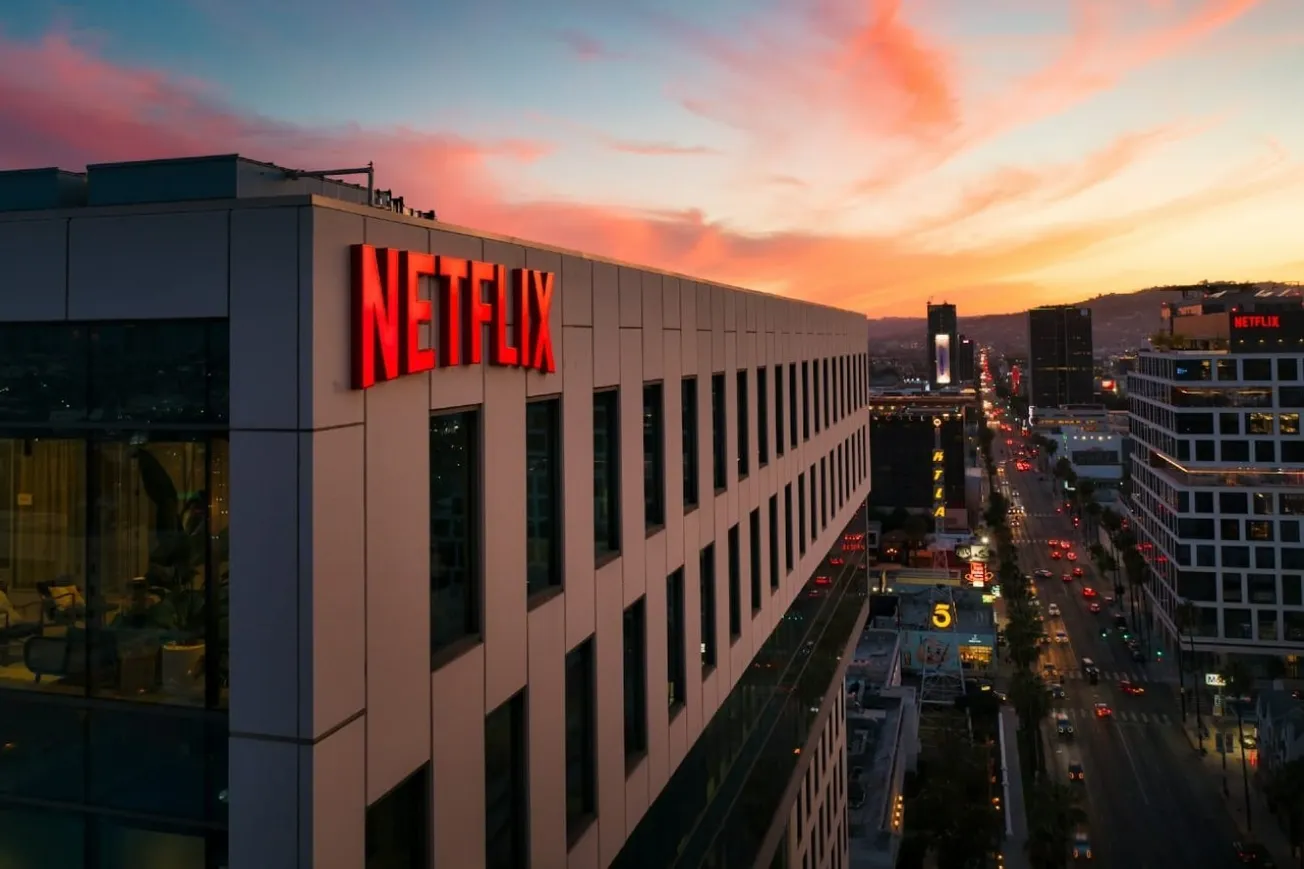Even as the outgoing Biden administration was hastily issuing one Executive Order after another (such as those aimed at preventing oil drilling in the Atlantic and Pacific Oceans) to undermine the incoming Trump administration, the United States Court of Appeals for the Sixth Circuit in Cincinnati ended the misguided practice of Net Neutrality.
Simply put, what is Net Neutrality? Net neutrality means treating all internet traffic the same—no "fast lanes" for companies that pay more and no "slow lanes" for others. Supporters argue this ensures fairness and keeps the internet open to everyone. Critics claim it stifles competition and innovation, insisting companies willing to pay for faster service should be free to do so.
In essence, net neutrality is the principle that Internet Service Providers (ISPs), such as Spectrum and Comcast, should treat all data equally—for example, not prioritizing Netflix packets over emails or online shopping data. Proponents believe government regulation is necessary to preserve a "free and open" internet that guarantees equal access to websites and services.
The Court dealt a blow to the Biden FCC, which, using a 3-2 majority under the Democratic Chairwoman, had reinstated net neutrality rules for America's broadband companies in April 2024, largely relying on the Chevron Rule, which gives federal agencies broad powers to regulate the economy. As with most Biden administration actions, this decision reversed a Trump administration FCC rule from his first term in office. (That Trump decision reversed an earlier Obama administration decision from 2014.)
The Sixth Circuit took the Supreme Court's guidance last summer, which practically invalidated Chevron in the Loper Bright decision:
Using "the traditional tools of statutory construction," id., we hold that Broadband Internet Service Providers offer only an "information service" under 47 U.S.C. § 153(24), and therefore, the FCC lacks the statutory authority to impose its desired net neutrality policies through the "telecommunications service" provision of the Communications Act, id. § 153(51). Nor does the Act permit the FCC to classify mobile broadband—a subset of broadband Internet services—as a "commercial mobile service" under Title III of the Act (and then similarly impose net-neutrality restrictions on those services). Id. § 332(c)(1)(A). We, therefore, grant the petitions for review and set aside the FCC's Safeguarding Order.
In a capitalist economy like ours, the idea of regulating the internet as though it is a public utility is silly. Electric and water utilities and gas companies typically are monopoly providers, and regulating them to protect consumers is reasonable. However, consumers have a choice of internet providers—cable companies (Spectrum), satellite companies (Dish), traditional landline phone companies (Verizon, AT&T), and now Starlink—so free market forces drive companies to compete for every customer dollar and provide the best service possible. Throttling internet service speeds deliberately to help one set of customers at the expense of another could earn a company bad reviews, result in disconnections, and cause it to rack up huge losses. Recovering consumer goodwill in such situations can be far more expensive than any perceived benefit.
All of which brings us to the question of price. Indeed, modern internet service providers offer varying internet speeds to customers depending on their needs and willingness to pay. A business customer may want much higher bandwidth than a retiree. If the business is willing to pay more for the faster speeds, the practice is good old American-style capitalism. Americans expect differential treatment when they spend more. An airline passenger in coach does not complain when the flight attendants in First Class close the curtains and serve free alcohol to those seated in the front section of the plane. Nor does the Department of Transportation want to outlaw different service classes on planes to democratize the experience for everyone on board.
In 2014, two major corporations took the above idea to the extreme. At the time, Netflix was said to account for nearly 30 percent of all internet traffic during peak hours. Certain Netflix users on the Comcast network used to suffer annoying waits when their signals buffered interminably, lowering the quality of the Netflix experience. In a landmark deal, Netflix agreed to pay Comcast for faster and more reliable access to its content for Comcast's customers. Supporters of net neutrality contended that these kinds of agreements are amoral and wrong, triggering the Obama FCC to double down on imposing net neutrality rules.
It has been ten years since, and no one we know has ever complained about their internet speeds being affected by selective and purposeful discrimination. A lot has changed, too. The average broadband speed in the United States in 2014 was about 11 Mbps. Today, even the most thrifty plans offer speeds up to 110 Mbps. Mobile companies began rolling out 5G plans with fast internet data speeds in 2018. Many families don't even sign up for a broadband connection, relying on the hotspot capabilities of their mobile phones to power computers and televisions. Traditional TV, watched through cable, is dying as consumers prefer streaming services on over-the-top (OTT) platforms, mixing and matching services (Hulu, Netflix, Paramount +, ESPN, and HBO).
Despite these technological advances, the Biden FCC pushed to reinstate net neutrality rules last April. At the time, Brendan Carr, a Republican commissioner protesting the reinstatement, said, "The internet in America has thrived in the absence of 1930s command-and-control regulation by the government."
The incoming FCC is under majority Republican control, and its chair, Brendan Carr, will obviously not appeal the Sixth Circuit Court's decision to the United States Supreme Court. Thankfully, Net Neutrality is dead. RIP.

